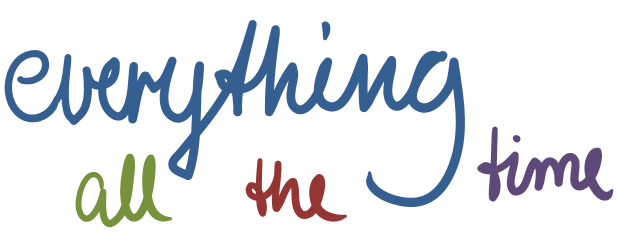
Inspired by my colleagues, excellent teachers at my own school and all around the world, I have decided that it is time for me to join the army of blogging teachers. I teach English and Norwegian at Sandvika upper secondary school in Norway, where all teachers and students have their personal laptop, are constantly online and are completely dependent on the internet for both curricular and extra-curricular activities.
To state the obvious, the internet has become a huge part of everyday life in schools, both for teachers and students. Occasionally, for teachers this involves ordering our students to leave the worlds of warcraft, counterstrike and facebook and rejoin the living in the English class. However, very often it involves frolicking in an incredible jungle of information where it seems almost everything, good or bad, is possible.
This year, I for the first time teach all my classes without a textbook and in the beginning, the idea of teaching the subject without such a recipe scared me. However, I have found that this makes me own what I teach to a greater degree than before. Furthermore, I am much more conscious of the curriculum goals that are supposed to dictate us and I no longer lean completely on two or three textbook authors' interpretation of these. Instead, my colleagues and I interpret them together.
When it comes to teaching English as a second lanugage, the world wide web can be a maze as well as an inexhaustive goldmine. Until now, however, I have not been particularly good at keeping track of where and what I teach online. This blog will help me improve.
Photo:
this way, quick








